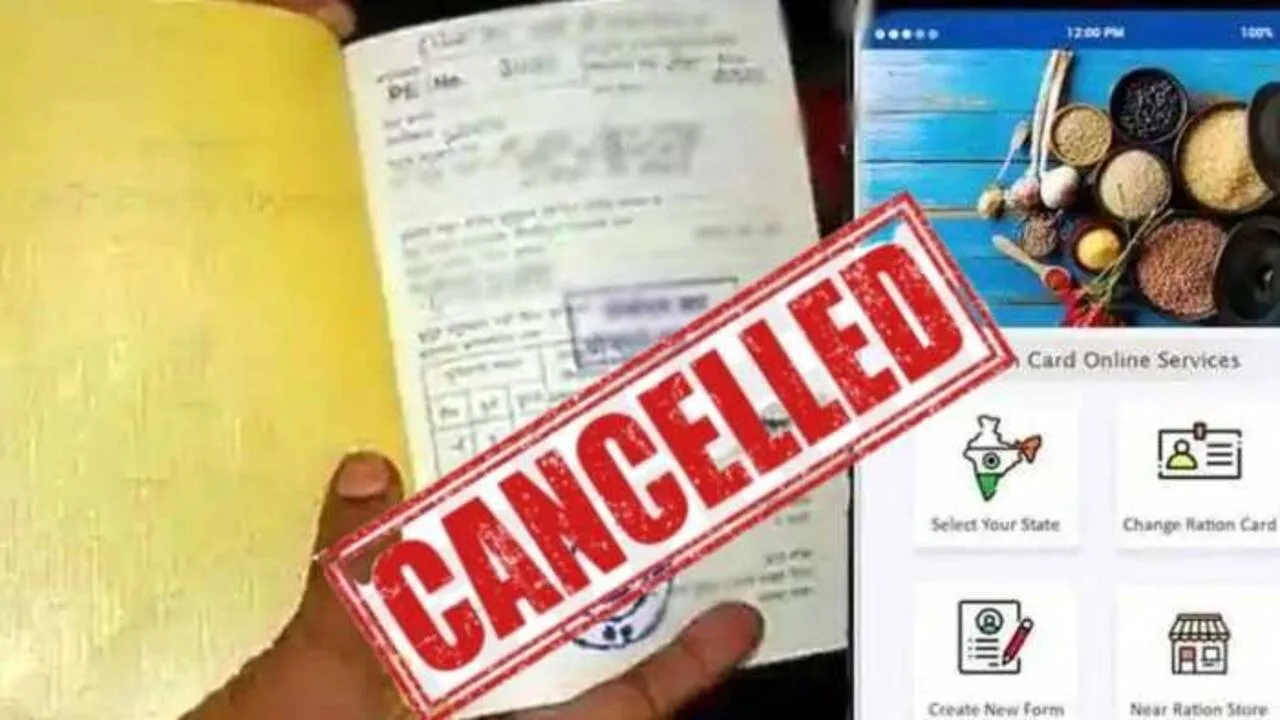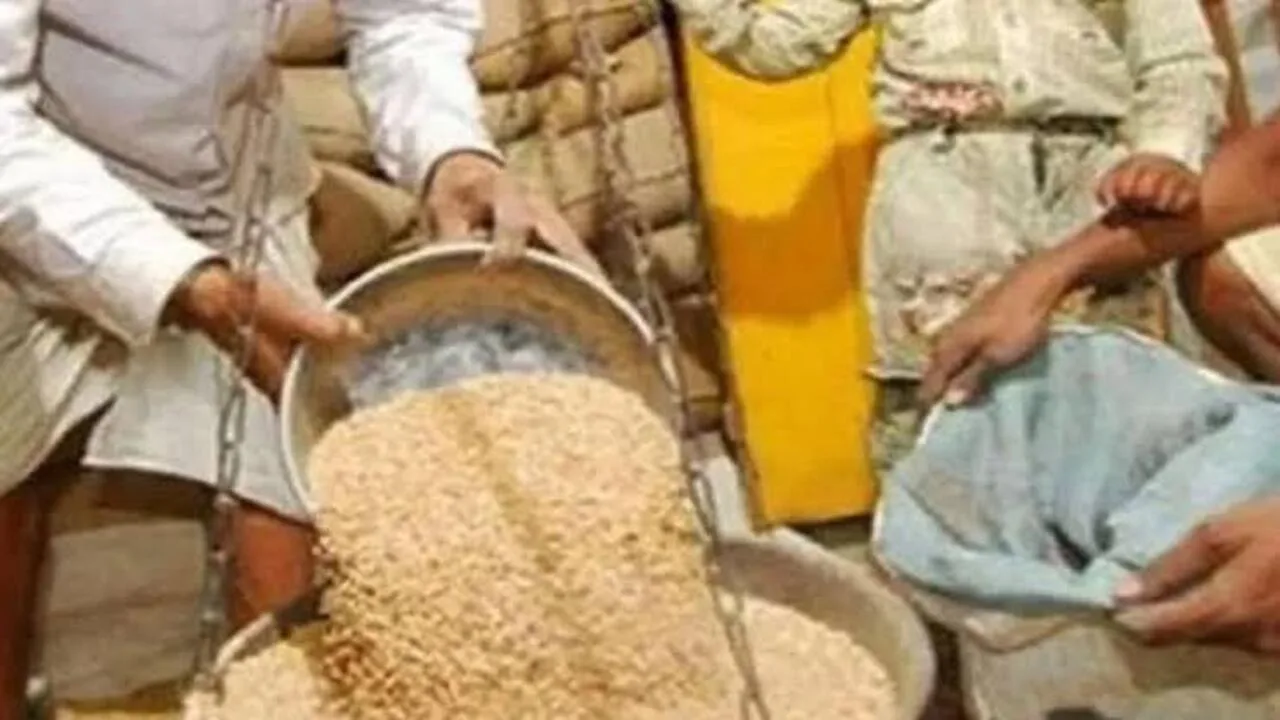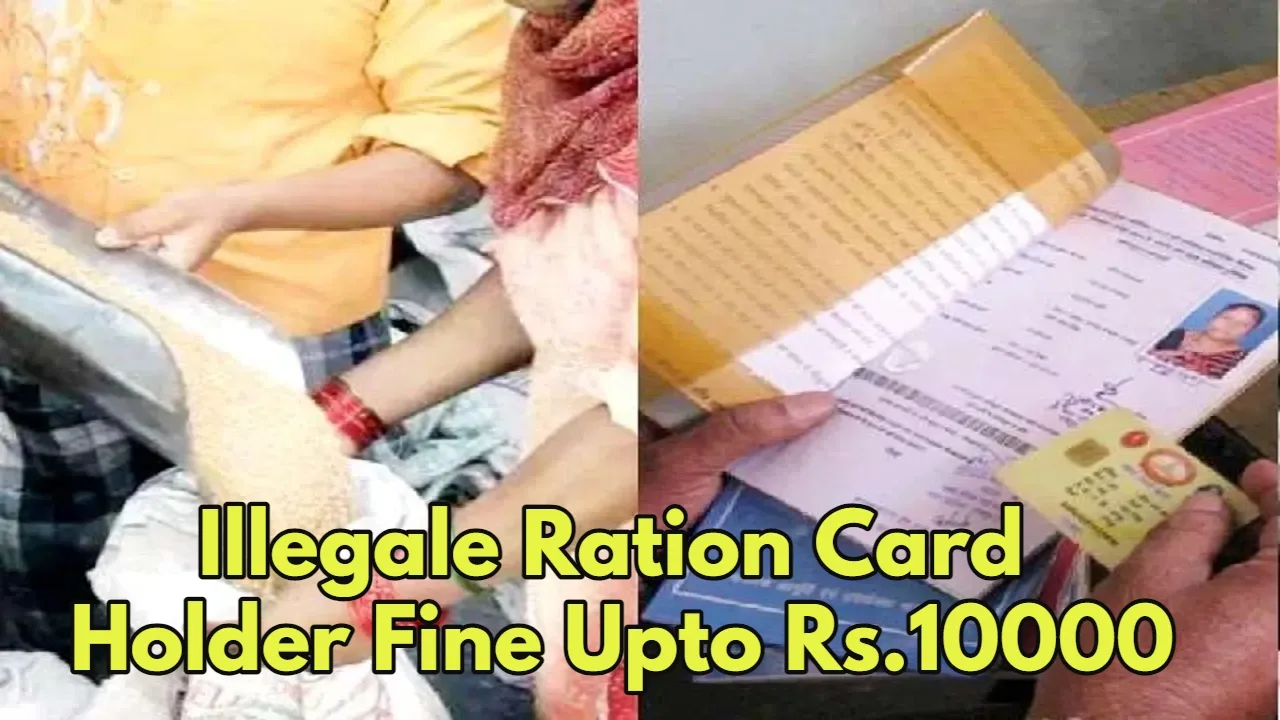The government has implemented new guidelines for ration cards to ensure that the benefits of government schemes reach only those who are truly eligible. This initiative aims to weed out those who are misusing ration cards and to provide better support to the most vulnerable citizens.
Key Changes in Ration Card Rules
Eligibility Verification- The government is conducting a thorough verification process to identify ineligible individuals to receive ration benefits.
Surrender of Ration Cards- Those who are found to be ineligible will be required to surrender their ration cards.
Legal Action- Failure to comply with the new rules may result in legal action and penalties.

Who Needs to Surrender Their Ration Card
Individuals with Assets- People with assets such as four-wheelers, tractors, harvesters, generators, or plots of land exceeding certain thresholds may be required to surrender their ration cards.
Government Employees and Income Tax Payers- Government employees and individuals who pay income tax are generally not eligible for ration benefits.
High-Income Households- Families with an annual income exceeding the specified limits may also be required to surrender their ration cards.
Who Needs to Surrender Their Ration Card
The following individuals are required to surrender their ration cards
Individuals who own a four-wheeler, tractor, or harvester
Individuals who own a generator of 5 KV or more capacity
Individuals who own a plot or house of 100 square meters or more
Government employees and income taxpayers
Individuals with an annual family income exceeding ₹2,00,000 (rural) or ₹3,00,000 (Urban)

Consequences of Misusing Ration Cards
Individuals who continue to use ration cards despite being ineligible may face penalties of up to ₹10,000 and legal action.
The government’s initiative to reform the ration card system is a step towards ensuring that the benefits of government schemes reach the most needy citizens.
By following the new guidelines and surrendering ration cards if necessary, individuals can contribute to a more equitable and efficient distribution of essential commodities.
